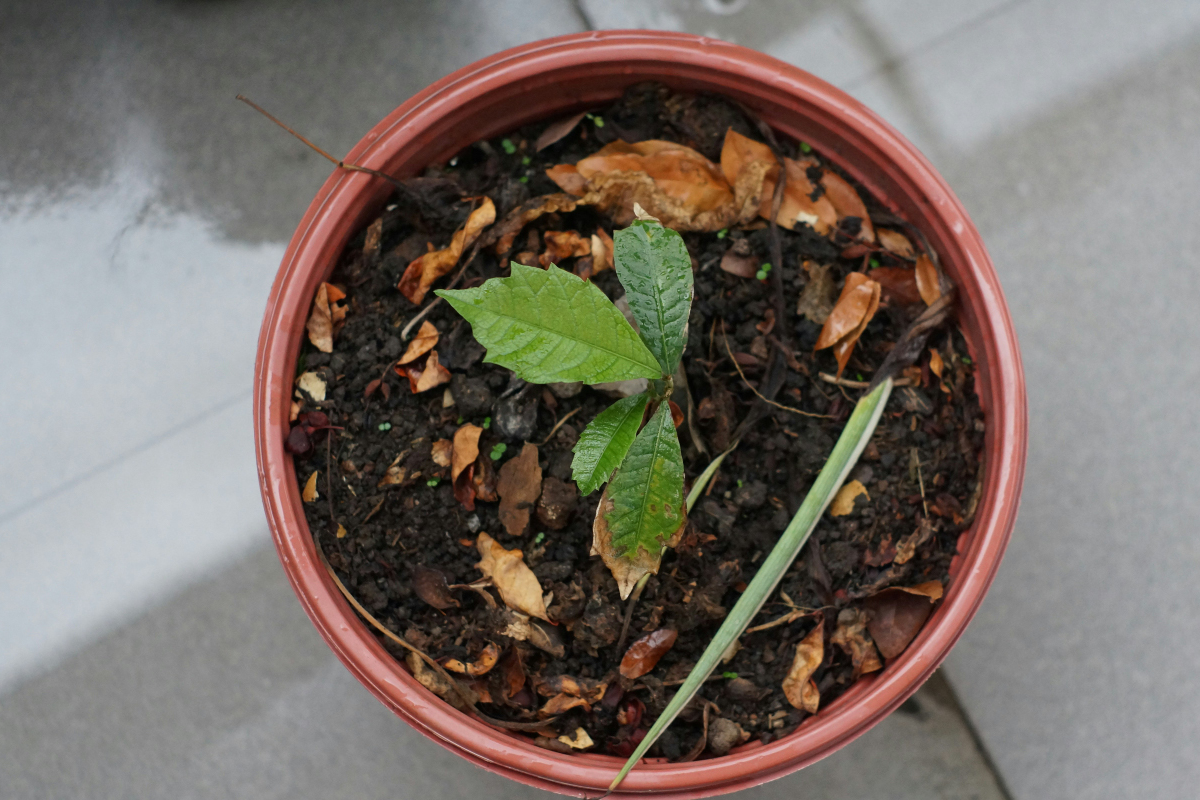HOW TO REDUCE HOUSEHOLD WASTE
Reducing household waste is an essential step towards a more sustainable and eco-friendly lifestyle. Implementing some small and conscious changes in your daily routine can significantly reduce the amount of rubbish that you produce. By shifting your daily habits, you can make a big impact on your environmental footprint.
This guide by sustainability expert Darren Johnson at HomeHow.co.uk goes over a range of practical tips and simple adjustments you can make to minimise waste right in your own home, helping to contribute to a healthier planet for everyone.
Only Buy What You Need
One of the most effective ways to cut down on waste starts before you even get to the shop. Only you can know how much your family consumes weekly. Consider making some notes on which items are used the most and how often, particularly when it comes to food, as this is one of the biggest sources of waste in the home. When buying things like food and toiletries, only buy what you need and what you will use. Always use everything you buy to ensure there is no waste. Keep track of everything your family consumes weekly. This practice helps you shop smarter and ensures that everything you bring into your home gets used, helping to minimise waste.
Be Aware of Packaging
A huge source of household waste is unnecessary packaging. When you are shopping for groceries, be mindful of how each item is packaged. When purchasing things like fruit and vegetables, consider switching from packaged fruit and vegetables to loose varieties. This will ensure that as little packaging as possible enters your home. Look out for products made from recyclable materials like glass or cardboard, and avoid using single-use plastics. Many stores now offer bulk sections where you can bring your own reusable containers to buy things like grains, nuts, and spices. This will dramatically reduce your packaging waste.
Choose Paperless Billing
In a digital world, paper waste from bills and statements is easily avoidable. When it comes to your bank statements and bills, you can easily sign up for paperless billing or banking online. This means that you will be able to access all of your bills and statements online rather than them being sent to you through the post. This reduces the amount of paper waste that your household is contributing to.
Use Refillable Products
Many household items, from cleaning sprays to hand soaps and even shampoo, now come in concentrated or refillable forms. Instead of buying a new plastic bottle every time you run out, opt for a product with a reusable container. Then, you can simply purchase refills for these items. This simple habit can save dozens of plastic bottles from ending up in landfills each year.
Try Composting
If you are able to, you can reduce your food waste by composting. Composting is an excellent way to divert food waste from landfills. Instead of throwing away your food scraps, you can collect them in a small bin and add them to a compost pile in your garden. Composting not only reduces waste but it also creates nutrient-rich soil that can be used to nourish your garden or houseplants.
Use Refillable Water Bottles and Coffee Cups
If you regularly consume drinks on the go, you will notice that they create a significant amount of waste from single-use cups and bottles. Be sure to use refillable water bottles and coffee cups. If you are someone who purchases to-go coffee quite a lot, consider purchasing a refillable coffee cup and ask the servers to put your coffee order in your refillable cup. This will reduce the amount of waste that you are accumulating over time. Many coffee shops even offer a small discount for customers who bring their own cups, so you might even save a bit of money.
Buy in Bulk
For non-perishable items that you use frequently, such as rice, pasta, grains, and nuts, consider buying in bulk. This reduces the amount of packaging per item and is often more economical in the long run. Many grocery stores have bulk sections where you can fill up your own containers, further minimising waste.
Take Advantage of Charity Shops and Online Marketplaces
Before you throw something away, consider whether it has a second life. If you’re planning on getting rid of some things, avoid throwing them away and, instead, try selling them or giving them away. This helps divert items from landfills and gives them a new purpose. You can also find a lot of things in charity shops and online marketplaces if you are looking for new things for your home. This can include things like décor, clothing, and furniture.
Repurpose Items
Giving old items a new purpose is a fun and creative way to reduce waste. If you use things that have plastic, glass, or cardboard containers, repurpose these items and turn them into something completely new. For example, jars are great for storing things like food, spices and stationary items. Plastic containers are great for storing prepared meals. Cardboard boxes are a great storage solution for storing many household items, and old t-shirts can be cut up into cleaning rags.
Always Use Reusable Shopping Bags
Plastic bags are a major source of pollution. When you go to the shop, be sure to always take reusable shopping bags with you. Get in the habit of always carrying reusable bags with you. This will prevent you from accumulating a collection of plastic or paper bags, which will likely eventually go to waste. Keeping a few bags in your car, purse, or backpack ensures you’re never caught without one.
Repair and Maintain Items
Instead of replacing a broken item, try to repair it first. Learning basic repair skills for things like clothing, electronics, or furniture can save you money and prevent unnecessary waste. Mend a torn shirt, tighten a wobbly chair leg, or replace a faulty part on an appliance. This extends the life of your belongings and keeps them out of the trash.
Reuse Wrapping Paper and Gift Bags
When you receive gifts from loved ones, try to be careful when unwrapping them so that you don’t damage the paper wrapping or gift bags. Carefully remove the tape and unfold the paper so it can be used again. That way, you can save them to reuse when wrapping a gift for someone else. This is a simple but effective way to reduce waste. This small act can save a surprising amount of paper and resources over time.
Cook More Meals at Home
Eating out and ordering takeout often generates a lot of waste from containers, cutlery, and napkins. By cooking more meals at home, you have control over the ingredients and can use your own reusable containers and utensils. This not only reduces waste but can also be a healthier and more cost-effective option.
Final Thoughts
Reducing household waste is a journey, not a destination. It involves a shift in mindset and a commitment to making more conscious choices in your daily life. By implementing even a few of the tips listed above in this guide – from mindful shopping and using refillable products to composting and repairing items – you can significantly lessen your environmental impact. Every small action contributes to a larger positive change, helping to conserve resources, reduce pollution, and create a healthier planet for future generations.
MORE ABOUT THE AUTHOR… DARREN JOHNSON: Darren Johnson is an expert in sustainability and energy. Having previously worked as an energy consultant, Darren has expertise in the energy/electricity field. In recent years, Darren has moved on to working with homeowners to create more sustainable and eco-friendly homes, as well as providing his advice and expertise for HomeHow.co.uk. Darren’s expert tips and comments have been featured in a range of leading press outlets.













